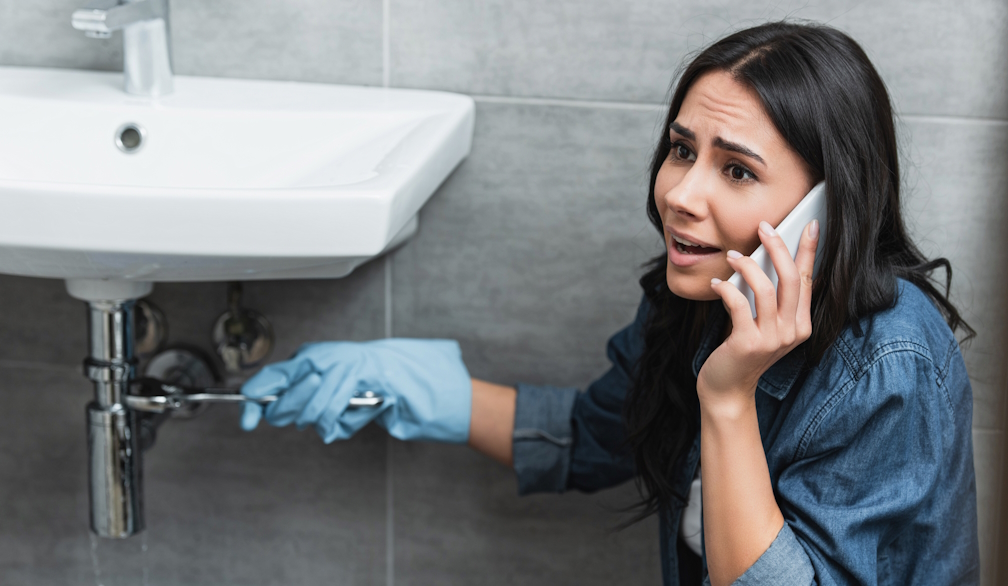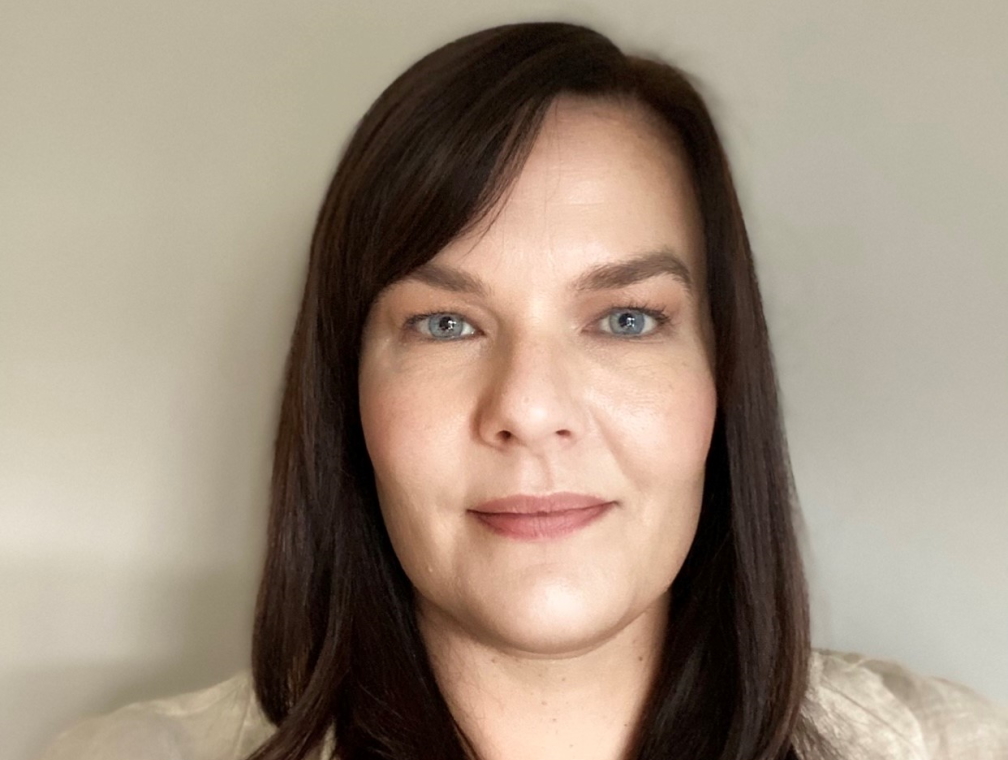How plumbers work by collaborating and compliances?
- Written by her.net.au

In the intricate tapestry of our daily lives, there exists a group of professionals often overlooked but whose contributions are indispensable – plumbers. From fixing leaky faucets to installing complex piping systems, plumbers possess a diverse skill set. They are adept at troubleshooting issues, utilizing various tools and techniques to diagnose and address plumbing problems. They work diligently to keep our daily lives running smoothly, preventing and resolving plumbing challenges with expertise and precision.
With the ability to work in various environments, from residential homes to commercial spaces, Plumber in the North Shore contributes indispensably to the infrastructure that sustains modern living. Their dedication to maintaining and enhancing plumbing systems reflects a commitment to both customer satisfaction and the overall well-being of communities. Let’s understand how do they work by collaborating with your standard and bring compliances and safety to your living.
Tasks handled by plumbers
Whether responding to emergency calls for burst pipes or carefully planning the layout of intricate plumbing systems in new constructions, plumbers must navigate a range of situations. Additionally, they stay abreast of advancements in plumbing technology and regulations to ensure compliance and efficiency.
The role of plumbers in the North Shore is multifaceted, encompassing several crucial responsibilities in maintaining the functionality of water and drainage systems. They play a vital role in new construction projects, collaborating with architects and contractors to design and implement effective plumbing systems. Plumbers contribute significantly to public health by ensuring proper sanitation and water distribution. Their work often involves collaborating with other construction professionals, making them integral members of the building and maintenance industry.
· Installation and Maintenance
Plumbers install various plumbing components, including pipes, fixtures, and appliances. They are responsible for ensuring that these systems operate efficiently and meet local building codes. Plumbers in the North Shore are skilled professionals who specialize in installing, repairing, and maintaining plumbing systems, ensuring a steady supply of clean water and effective drainage.
· Diagnosis and Repair
Beyond their technical expertise, plumbers also demonstrate adaptability and problem-solving skills as they encounter diverse challenges in their work. Plumbers diagnose plumbing issues, such as leaks, blockages, or malfunctions. They use their expertise and tools to identify the root cause of problems and implement effective repairs.
· Emergency Services
Emergency response is another significant aspect of their role, as plumbers are often called upon to handle urgent situations such as burst pipes or sewage backups. Plumbers respond to emergency calls promptly, addressing urgent issues like burst pipes, gas leaks, or sewage backups. Their ability to handle crises ensures the safety and well-being of individuals and properties.
· Collaboration in Construction
Plumbers often work independently or as part of a team, relying on effective communication to coordinate tasks and deliver quality service. In new construction projects, plumbers collaborate with architects and construction teams to design and implement plumbing systems. This involves planning layouts, selecting appropriate materials, and integrating plumbing with other building components.
· Compliance and Regulations
Plumbers stay informed about local building codes and safety regulations. Ensuring compliance is crucial to guarantee the proper functioning of plumbing systems and maintaining the health and safety of occupants.
· Advanced Technology Adoption
Plumbers diagnose and troubleshoot issues, utilizing their technical knowledge and problem-solving skills to address leaks, clogs, and malfunctions. Keeping abreast of technological advancements, plumbers incorporate modern tools and techniques into their work. This includes using digital diagnostics, eco-friendly fixtures, and energy-efficient solutions.
· Communication Skills
Effective communication is essential in the plumber's role. They interact with clients, providing explanations of issues, proposed solutions, and preventive measures. Clear communication ensures customer satisfaction and understanding.
· Preventive Maintenance
Plumbers engage in preventive maintenance to identify potential issues before they escalate. Regular inspections and maintenance help prolong the lifespan of plumbing systems and minimize the likelihood of major problems.
· Versatility
Plumbers work in diverse settings, from residential homes to commercial buildings. They may specialize in specific areas such as residential plumbing, industrial plumbing, or pipefitting, showcasing versatility in their skill set. They install, repair, and maintain plumbing fixtures and piping, ensuring a seamless flow of clean water and efficient wastewater removal.
· Commitment to Health and Safety
Beyond technical skills, effective communication and compliance with safety regulations are essential in their daily tasks.Plumbers prioritize the health and safety of communities by maintaining clean water supplies and efficient sewage disposal. Their work contributes directly to public health by preventing waterborne diseases and ensuring sanitary living conditions.
Final thoughts
Ultimately, plumbers contribute significantly to public health and safety by upholding the integrity of plumbing infrastructure in homes, businesses, and communities. Plumbers are the unsung heroes who keep the water flowing and the plumbing woes at bay. Their expertise, dedication, and versatility make them indispensable contributors to the functionality and safety of the spaces we inhabit. The next time you turn on a faucet or enjoy a hot shower, take a moment to appreciate the craftsmanship of these plumbing virtuosos who work diligently behind the scenes.









